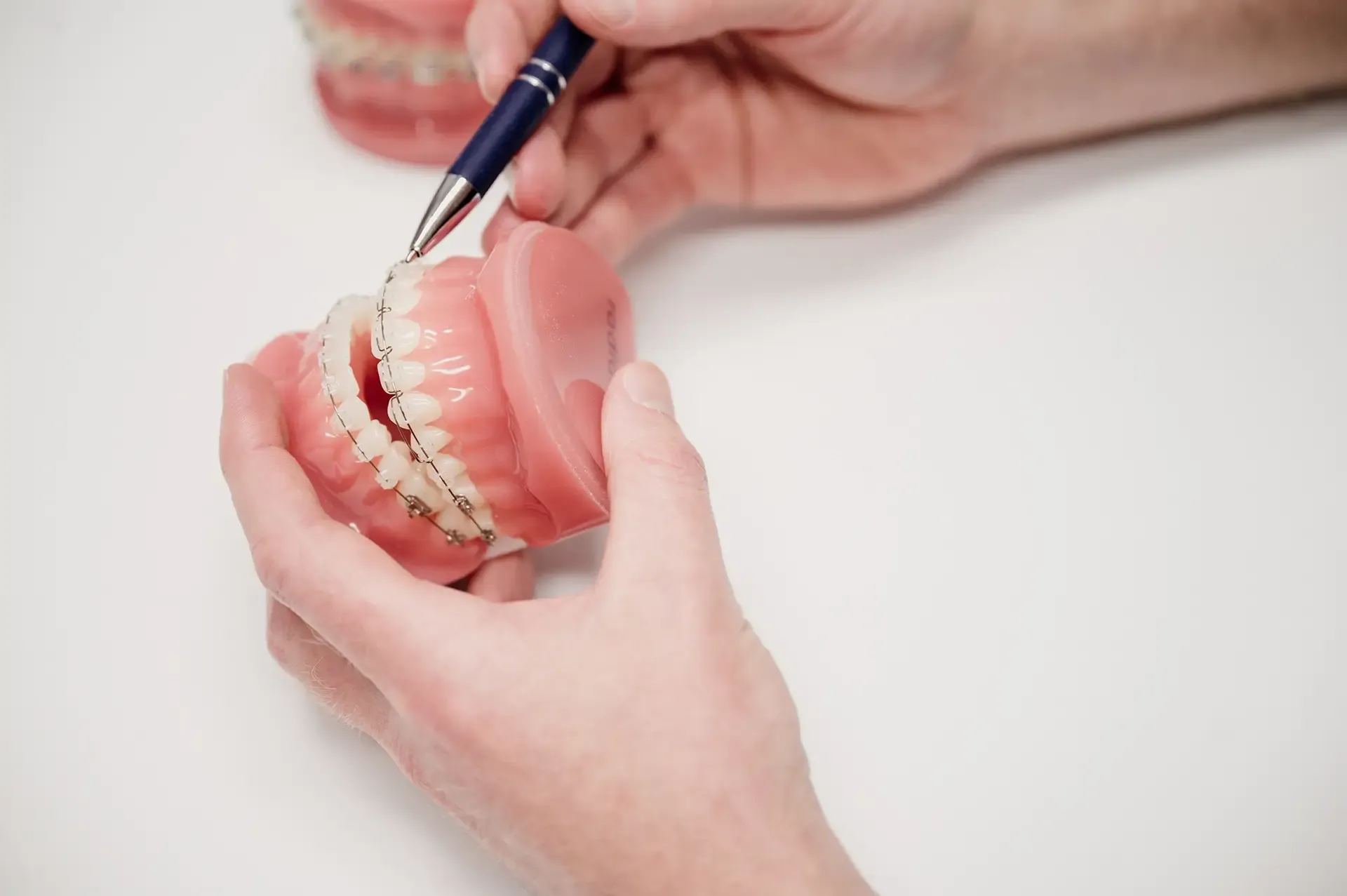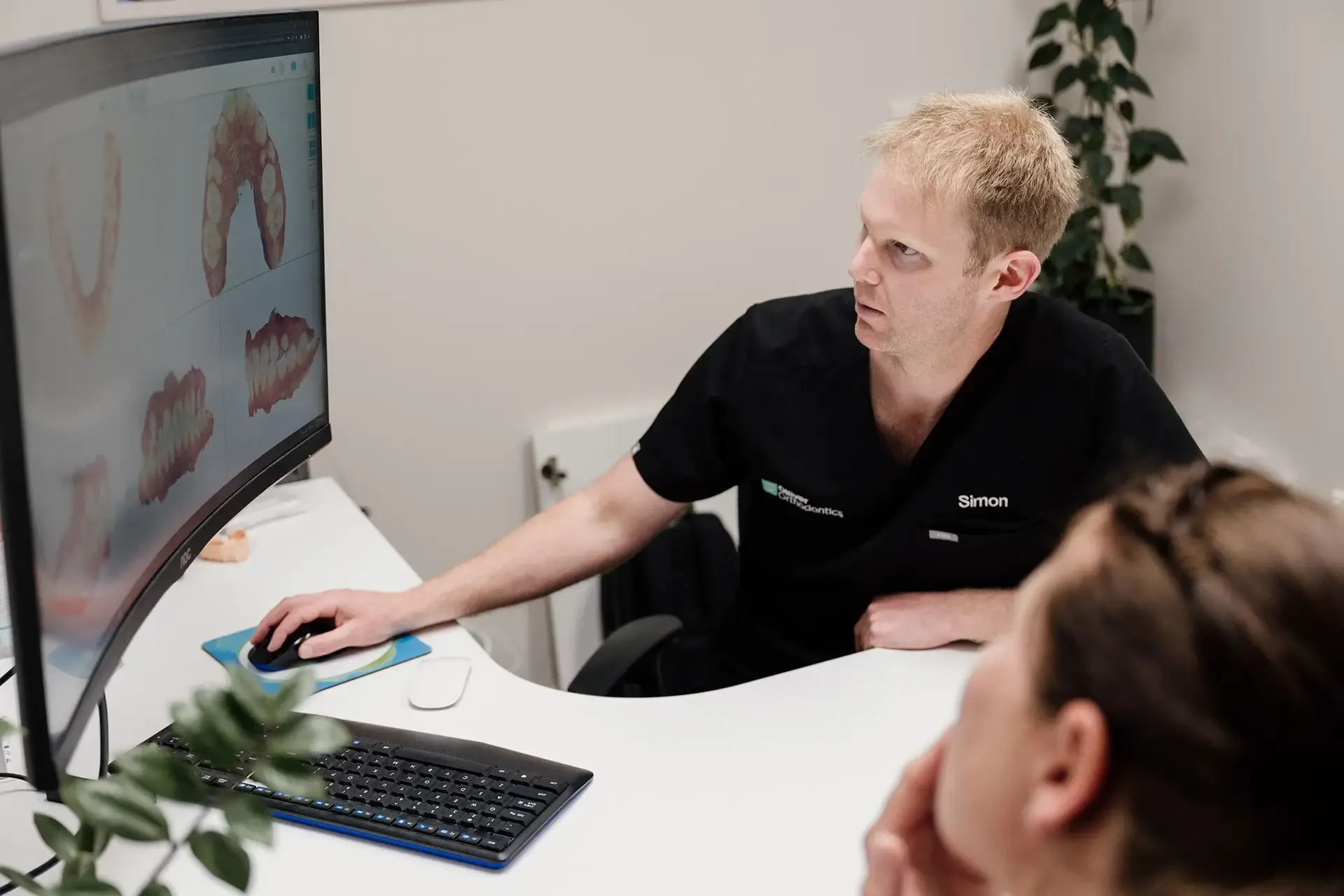Frequently Asked Questions
Orthodontists have completed a five year Bachelor of Dental Surgery and a three year full-time Masters or Doctorate in Orthodontics. Every orthodontist is registered with the Dental Council of New Zealand as a dental specialist, and in addition also belongs to their own organisation called the New Zealand Association of Orthodontists (NZAO). The NZAO monitors the very high standards required for accreditation as an orthodontist in New Zealand, so you can rest assured that you’re working with a professional practitioner who is committed to providing exceptional service and care.
An orthodontist specialises in straightening teeth, correcting them to bite together properly and comfortably, most commonly using braces (metal or ceramic) or aligners (such as Invisalign or Spark). However, there is so much more that orthodontists do. They also diagnose, prevent and treat problems with the developing dentition and jaws, and provide solutions for issues such as crowding, gaps, impacted, extra or missing teeth.
The ideal recommendation for children is from around 7-9 years old for an initial visit because this is when adult teeth are emerging, so it’s the optimal time to assess any potential problems early on. The orthodontist can determine if any interceptive treatment or space maintenance is required, and for future planning.
You’re never too old for a great smile, and orthodontic treatment for adults is more common than you might think. Feel free to give us a call. We can answer any questions or book you in for an appointment to discuss treatment options that could be right for you.
No. The majority of patients are referred by the Community Oral Health Service or general dentists. However, that’s not always necessary. If you think you might need braces but don’t have a referral, feel free to give us a call to make an appointment or ask us about what you might need to do from here.
Your first appointment is a chance for us to meet you, and for you to meet us. Our whole ethos is built around making it a fun, collaborative and easy to understand process and for you to get the results you’ve been dreaming of. We’ll talk about what you want to achieve and outline each step along the way.
No one journey is the same, however the average time for braces to stay on is usually between 12 and 24 months, depending on the extent of treatment required. More complex cases, or those where instructions are not followed may take longer, but good mouth care is essential to making it a smooth process without any hiccups. Appointments to adjust your braces usually occur once a month.
Absolutely! Braces shouldn’t restrict you doing the things you love, and we recommend you continue with your normal daily activities while always staying cautious. A mouthguard is always recommended for contact sports during your treatment, and we’re happy to help you fit one if you need it.
The good news is that you can still enjoy most of your favourite foods, but there are a few that should be avoided during treatment. Don’t worry, we’ll provide you with a full list of foods that you should avoid and a how-to guide for caring for your teeth during treatment to make things easy.





